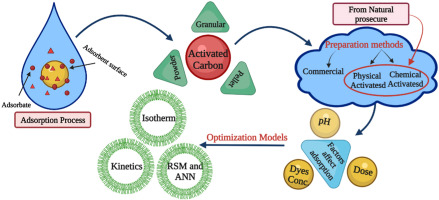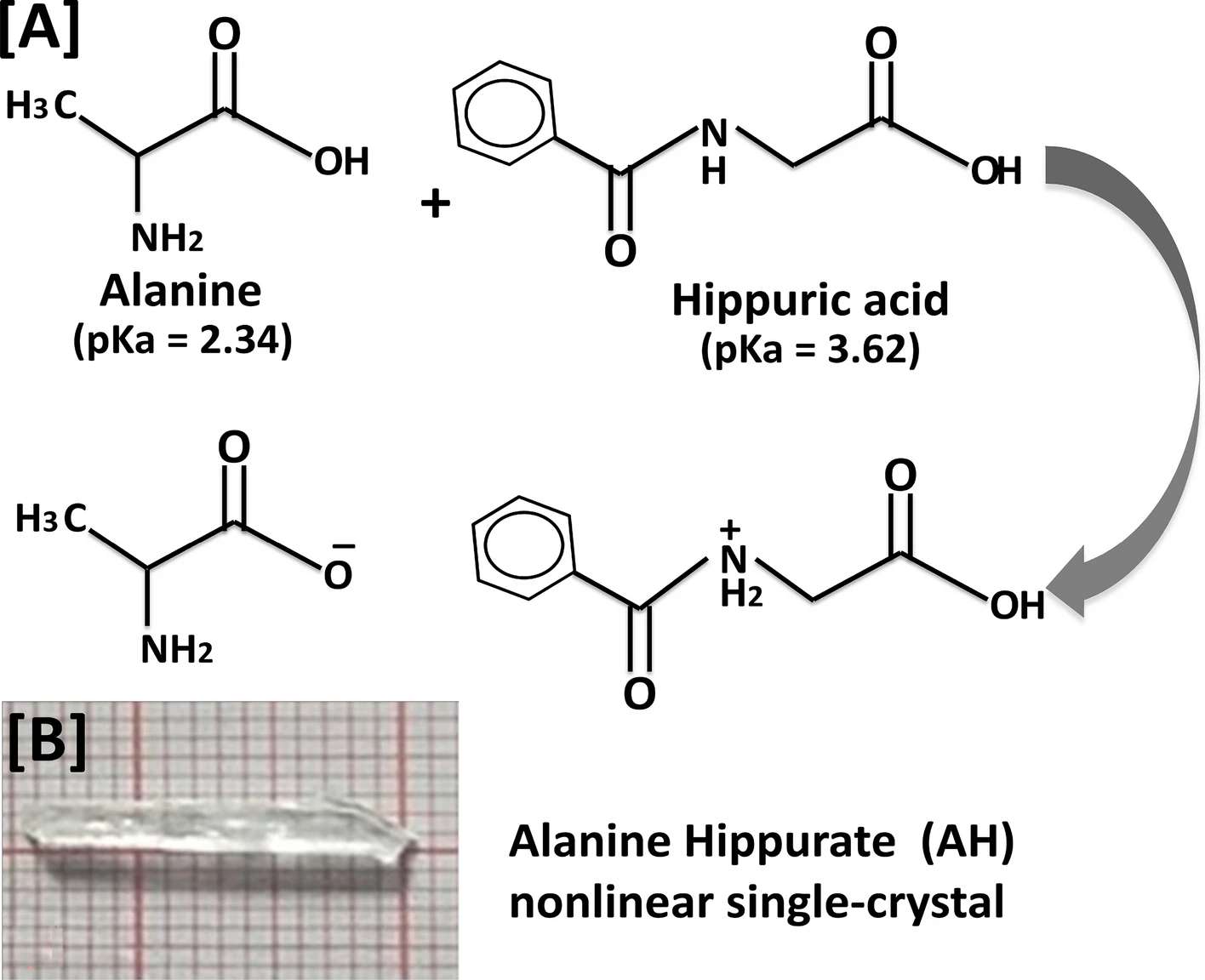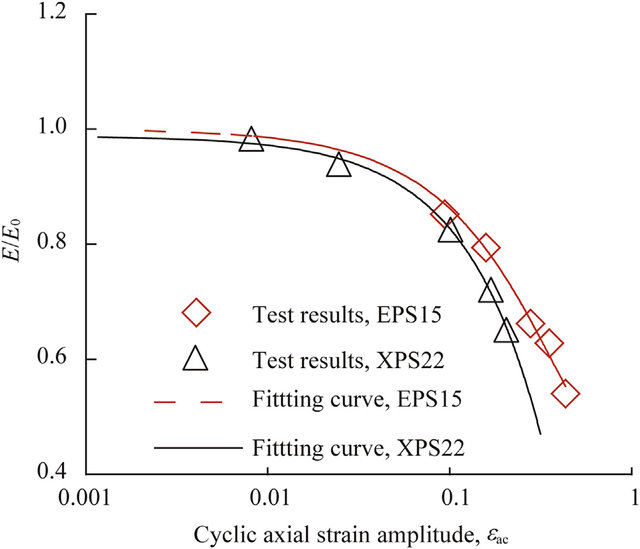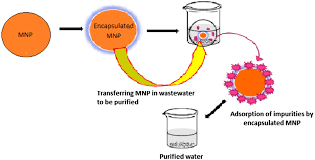Hybrid treatment system for real textile wastewater remediation based on coagulation/flocculation, adsorption and filtration processes: Performance and economic evaluation
This research investigates the feasibility of using hybrid treatment system based on coagulation/flocculation, adsorption and filtration processes for real textile wastewater treatment. Ferric Chloride (FeCl3) was used as a coagulant, Nano Zero-Valent Iron (nZVI) as adsorbent and Micro Zeolite (MZ) as filter media for the removal of chemical oxygen demand (COD), total suspended solids (TSS), color, total nitrogen (TN) and turbidity from raw textile effluents. Batch and continuous feed scaling-up studies (full design and set-up studies) were conducted to evaluate the performance of the integrated treatment system to treat about 1.5 lit/min of real textile wastewater in about 1.2 h in six operating runs (I, II, III, IV, V, VI). The obtained results showed the enhanced COD, TSS, TN, turbidity and color removal ability for all runs. The average removal reached 97.5% for COD, 98% for TSS, 98.4% for color, 86.1% for TN and 93.5% for turbidity. An economic evaluation study was conducted for treating 200 m3/day textile effluents to evaluate the commercial applicability of the system. All data gained from batch, continuous feed and economic studies verified the efficiency of applying coagulation/flocculation, adsorption and filtration integrated treatment system at low cost for real textile effluent remediation. © 2021 Elsevier Ltd




